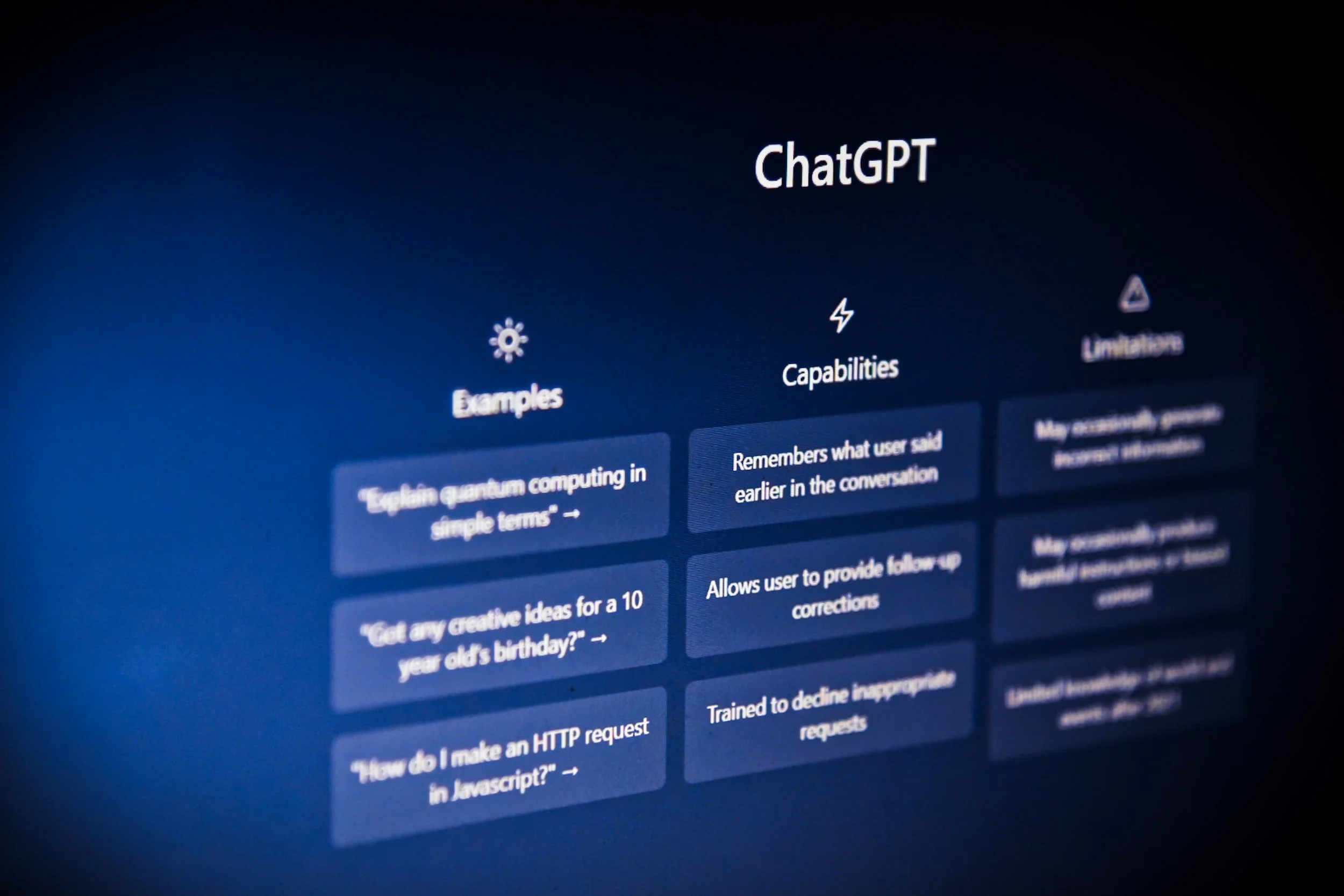Is ChatGPT the greatest thing since sliced bread for education and research or an instrument for cheating? Is it a tool for learning or a way towards ignorance and illiteracy? Is it an indication of progress in contemporary society with endless opportunities for automation or one of the early signs of devaluation for student-acquired knowledge and skills? These questions seem to imply an answer while they also register the moral panic currently surrounding ChatGPT in academia.
ChatGPT, War, and Diplomacy
There is a great deal of discussion about the use of AI and Machine Learning in intelligence analysis, war planning, national security policy-making and beyond. Yet before these tools are put in place it behooves us to understand the way in which AI thinks and upon what data sources it builds its “findings” and “rational” arguments. Very often what we will discover that that AI much like its human counterparts is prone to bias in source selection, coding, and more. This post examines AI bias in the context of Russia war on Ukraine.
ChatGPT on AI Common Sense, Rationality, and Morality
I held a chat conversation with OpenAI’s ChatGPT to see in one small instance how it responded to questions pertaining to common sense, rationality, and morality. I focused on these three areas in particular because they are generally seen as “human” attributes of intelligence. These “human” qualities extend well beyond Alan Turing’s paper “Computing Machinery and Intelligence” and into an area examined in a well-written and thoughtful piece by the New York Time’s Cade Metz in “How Smart Are the Robots Getting?.”
AI in agriculture: symptom or a remedy?
Every day new technologies, in particular Artificial Intelligence (AI) and Machine Learning (ML), are being developed and implemented on farms in the United States and around the world. Yet, rarely is the changing nature of technology on farms considered from a human perspective. Specifically, is AI in agriculture, in fact, benefiting or harming humanity?
How could AI Pilots affect the Air Force?
A quick Google search of ‘US Air Force’ instantly pulls up images of fighter pilots and stunning photos of fighter aircrafts like Lockheed Martin’s F-22 Raptor flying menacingly across a vast blue sky. After loading the Air Force website, the user is greeted with the Air Force’s recruiting slogan “Aim High” with a montage of aviation-related content, including videos and images of proud pilots. When one thinks of the Air Force, a fighter pilot is the most common first thought. But with increased research and abilities of AI algorithms and the possibility of self-piloted planes, the Air Force’s proud pilot reputation may be shattered, drastically changing the branch and eliminating this desired career field.





